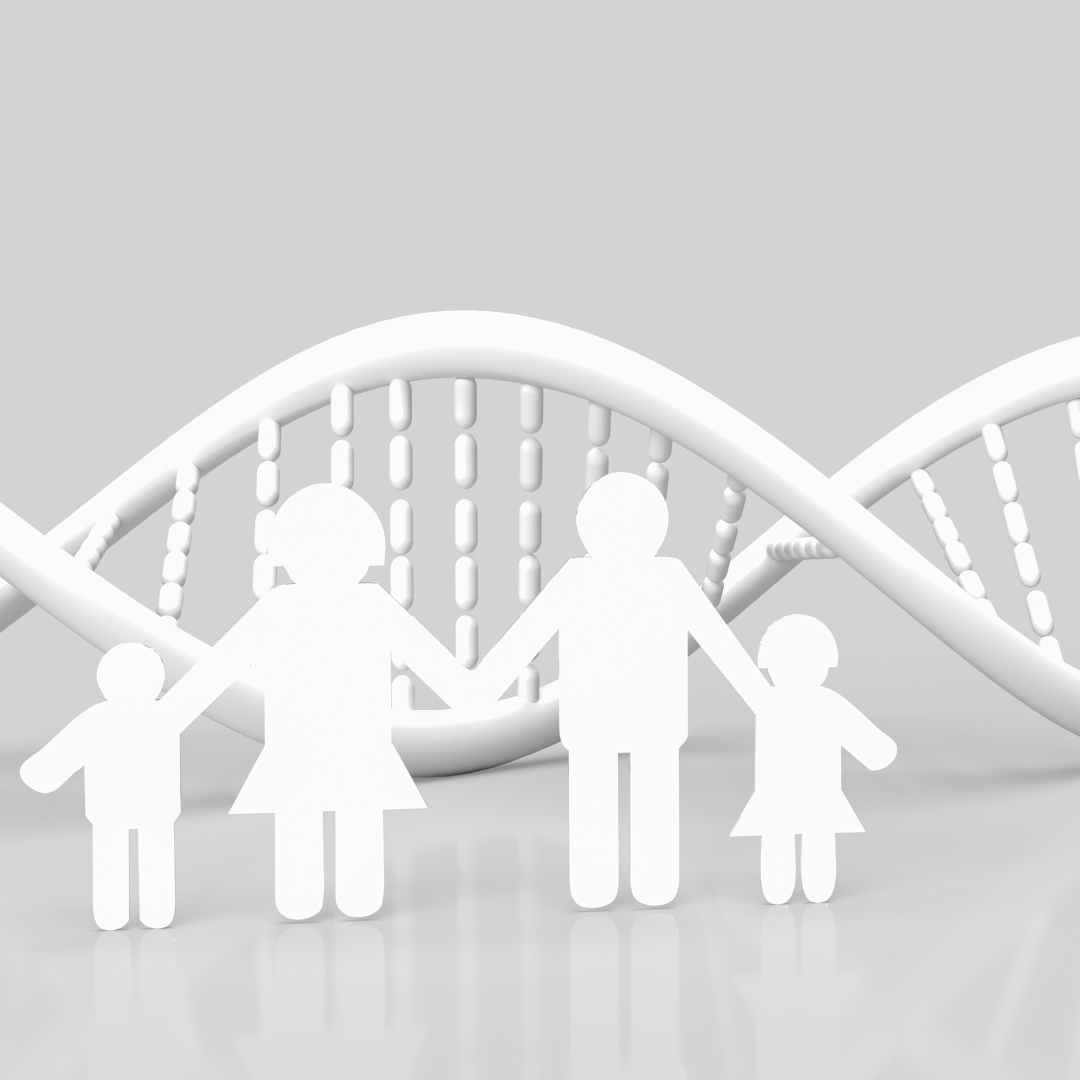
There are five major dimensions of personality, according to renowned psychologists. These are the “Big Five” personality traits that shape who we are based on how much or little of the traits we possess.
The Big Five Personality Traits are the following five important personality traits:
- Openness
- Conscientiousness
- Extraversion
- Agreeableness
- Neuroticism
Some people use the acronym ‘OCEAN’ to remember the Big Five personality traits.
Originally developed in 1949 based on research that goes back as far as the 1930s, the “Big Five Personality Traits” is a psychological five-factor personality theory established in part by D. W. Fiske and later expanded upon by many other researchers. This research originated from Raymond Cattell’s 16-factor theory on personality.
Fiske was a professor of psychology at the University of Chicago. He specialized in methodological issues in personality, ability, and trait research.
The initial five-factor model of personality was attributed to many different researchers. It was advanced by Ernest Tupes and Raymond Christal in 1958, but did not reach an academic audience until the 1980s. J.M. Digman advanced his five-factor model of personality, and Lewis R. Goldberg, a personality psychologist, continued this research in the 1980s and early 1990s, and dubbed it the “Big Five personality traits’”.

Are the Big Five Personality Traits the Building Blocks of Our Personality?
The five personality traits examined in the Big Five model are quite broad personality traits that could act as building blocks to form a person’s unique personality and all of their individual personality traits. For example, the broader personality trait of ‘openness’ tends to include other personality traits such as curiosity, creativity, insightfulness and could even include risk taking or thrill seeking traits. Meanwhile the broad trait of ‘neuroticism’ tends to include personality traits such as cynicism, negativity, and fearfulness.

An Individual Look at Each of the Big Five Personality Traits
Each of the Big Five personality traits are important to understand, especially when it comes to getting to know yourself better and figuring out which of these traits you possess more or less of. You may also want to reflect on which traits you want to exhibit more or less of, depending on the kind of person you want to be.
Below is a more detailed look at each of the Big Five personality traits:
1. Openness
Openness represents one of the Big Five personality traits, and it’s a wonderful trait to possess.
Openness is a trait that reflects a person’s degree of intellectual curiosity, imagination, creativity and the openness to try new things instead of always sticking with what’s familiar.
In other words, openness will get you out of your comfort zone. Someone with a high degree of openness will opt for novelty and variety, the unfamiliar, and readiness to embrace the unconventional. With this personality trait, they’re likely not afraid of taking risks.
Someone with the ‘openness’ personality trait in their DNA will be much more likely to bravely step out of their comfort zone and embrace new life experiences. Openness is related to intellectual curiosity, although the two concepts are not synonymous.
2. Conscientiousness
Conscientiousness is a person’s tendency to be disciplined, organized, hardworking, careful, thoughtful, punctual, and to follow rules. It’s no wonder that if you possess these qualities, you’ll be quite successful at what you do – especially in the workplace.
In fact, conscientiousness is one of the personality traits that could get you promoted at your job.
People who possess conscientiousness, one of the most important traits of the Big Five personality traits, have an advantage when it comes to succeeding in relationships and at work.
People who possess the trait of conscientiousness are not careless, nor are they negligent of their responsibilities, career, health, loved ones, etc.
Conscientious individuals often exercise self-discipline and self-control to pursue their goals. Since they are quite organized and able to postpone instant gratification, they ultimately end up achieving their goals by staying focused on the big picture.
You probably know someone who exhibits conscientiousness. All of us have that one friend or family member who works diligently, stays organized, follows rules, takes care of their health and fitness, and always shows up on time. We often admire their capabilities and wish we could be more like them, but many people don’t have much conscientiousness in their personality.
3. Extraversion
When you think of an ‘extravert’ you likely think of someone outgoing and social who feels energized around other people, and you’d be right.
Extraverts tend to enjoy stimulating human interactions in group settings and actively seek out this stimulation, compared to introverts who prefer being alone or in very small groups, and recharge by being alone.
Extraverts are often enthusiastic, sociable, talkative, dominant, and passionate. At a social event, it’s typically the extraverts who are dominating the conversation or being social butterflies.
Extraverts might energetically dominate a conversation in a group setting by being very talkative, outgoing and engaging, while an introvert reflects on what’s being said and carefully chimes in if they have something thoughtful to add to the conversation.
Approximately 54% of extraversion is genetic, which means it could be in your DNA to be either an extravert or an introvert.
Most people who are extraverts know they possess this trait of extraversion. Extraverts typically take pleasure in activities that involve large social gatherings, such as social events, parties, community activities, public demonstrations, or hosting large gatherings.
4. Agreeableness
Another one of the Big Five personality traits, agreeableness is the tendency to be cooperative, agreeable, easy-going and to put the needs of others first.
This is one of the Big Five personality traits that helps people succeed in relationships.
Individuals who possess the personality trait of agreeableness tend to be naturally empathetic and compassionate. They’re often quite selfless, as they’re not always thinking about themselves or how they can come out on top. Their motivation comes from serving and getting along with others.
In fact, getting along with others is a prime motivator for those who possess the trait of agreeableness.
It’s common to refer to an agreeable person as a ‘people pleaser’. They often have a strong desire to be liked, but they also enjoy acting as a peacekeeper among their groups.
Those with agreeableness might prioritize getting along with others more than being ‘right’ all the time.
The trait of agreeableness makes it unlikely the person with this trait will complain very much.
On the other hand, people who lack the trait of agreeableness might be more combative, challenge others and love to argue or love being right. They might complain about every little thing that bothers them in a relationship if they lack agreeableness, enjoy arguments, and therefore might find their relationships don’t last as long.
Agreeable people are generally quite altruistic, cooperative, modest, straightforward, sympathetic, helpful and trustworthy. Agreeableness also makes one a great team player.
5. Neuroticism
Neuroticism, also known as being neurotic, is a personality trait involving a tendency to be negative, anxious, irrational, fearful or even drastic. Aggression in response to a perceived threat, as well as fear and sadness, are common for those with this personality trait.
If you are generally optimistic when you think about potential outcomes, you’re likely not neurotic. Do you typically feel positive, optimistic, confident, and calm? You likely don’t have much neuroticism in your DNA.
Some signs you might possess the trait of neuroticism include being hypervigilant and seeing the world through a negative lens, often feeling restless, being easily irritated, always preparing for the worst-case scenario, and having a tendency to sweat the small stuff in life.
You might be interested to learn that the personality trait of neuroticism is approximately 48% genetic.
Is Personality Genetic?
Personality is partially genetic, yes. It’s possible that certain personality traits could run in your family, and be ingrained in your DNA.
Generally, one’s unique personality forms as a result of their upbringing, early childhood experiences, environment, life experiences, and their DNA. Here is more information about the question, How much of personality is genetic?
With your CircleDNA test, which is a simple at-home DNA test, you can read about your genetic personality traits which you’re likely to possess based on your unique DNA. Using these DNA insights, you may be able to work on different traits and get to know yourself better, which is crucial for self-love and a healthily-formed identity.
Don’t forget that anyone can learn or unlearn certain personality traits. If you want to be more agreeable, you can start learning and practicing the trait of agreeableness, with efforts to pick your battles and be less combative.
If you’re neurotic and you want to unlearn some of that neuroticism that’s negatively impacting your life, you can seek counseling and start to unlearn by first unpacking what’s behind your neuroticism.
Personalities can change, adapt, improve and evolve.






